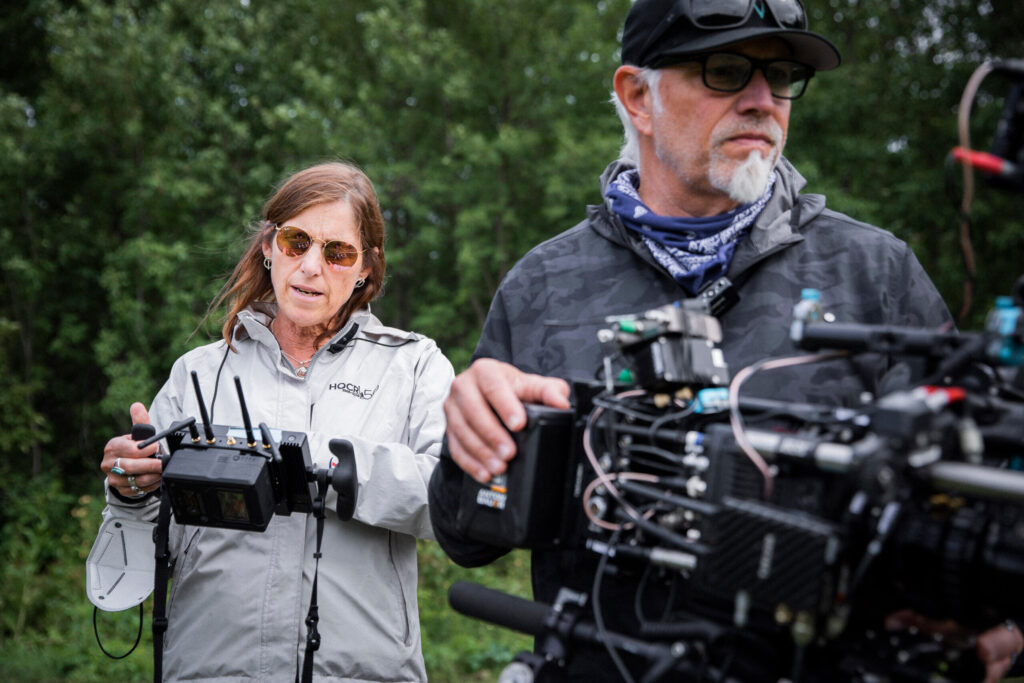A small Native American reservation in northern Wisconsin hosts the “Everglades of the North,” a vast wetland on Lake Superior’s shores, one of the world’s largest freshwater lakes. The Bad River Band of the Lake Superior Tribe of Chippewa Indians has long worked to protect their homeland and wild rice beds vital to their culture and food supply, predating the reservation’s 1854 establishment.
“Bad River” focuses on the tribe’s recent legal battle to remove an aging crude oil pipeline from their reservation. The documentary, awarded Best Documentary at the Environmental Media Association Awards in Los Angeles, premieres on Peacock on Nov. 1.
Easements for the 71-year-old Enbridge pipeline on tribal land expired in 2013. The Canadian company has been trespassing on tribal land, with erosion along the route posing a “real and unreasonable risk” of rupture, as per a federal court ruling in 2023.
Enbridge has downplayed spill concerns, stating safety “is the very foundation of our business.” The company seeks state and federal approval to reroute the line around the reservation.
Inside Climate News spoke with Mary Mazzio, the film’s producer, writer, and director, to learn more about the film, the tribe, and the lessons from the Bad River Band’s environmental protection efforts. The interview has been edited for brevity and clarity.
MARY MAZZIO: I met Mike Wiggins, the former chairman, who discussed the tribe’s battle against a Canadian pipeline operator over a pipeline at imminent risk of rupture, with expired easements. This journey began with “canoe diplomacy,” an experience that taught me about the tribe’s resilience and fortitude.
What started as a pipeline movie evolved into a historical examination of the Bad River people’s fight for sovereignty. Their prolonged struggle for environmental protection highlights their importance in safeguarding resources like Lake Superior.
At an event, Mike Wiggins emphasized it’s their patriotic duty to protect resources needed by all Americans amid increasing extreme weather. This community shoulders the burden for the nation.
The pipeline issue led the Bad River Band to file a federal lawsuit against the Canadian operator for expired rights. The court ruled in their favor, mandating the operator’s exit by 2026. However, the pipeline operator has appealed, waiting for a decision from the Seventh Circuit Court of Appeals in Chicago.
The proposed reroute would place the pipeline in a worse location within the Bad River watershed, including 139 blasting sites over water. Despite offers of up to $80 million to settle, the Band remains steadfast in their long-term values.
On the health implications, concerns arise over violence against Native women during construction and environmental impacts from potential spills. The community relies on their ecosystem for a healthful diet amid threats from industrial activity.
Ultimately, the Bad River Band’s story underscores the need for collective environmental responsibility, inspiring others to protect vital resources like Lake Superior.
Original Story at insideclimatenews.org
